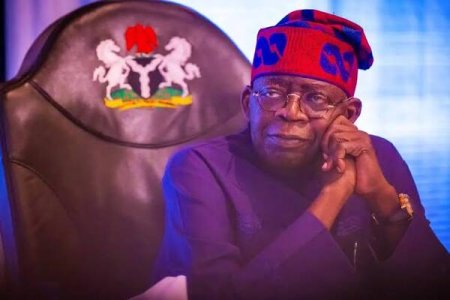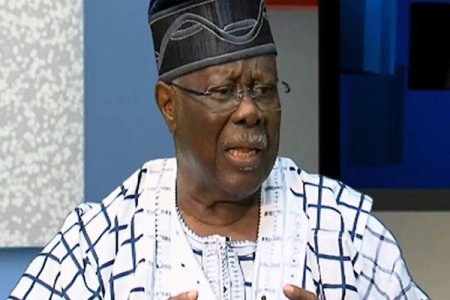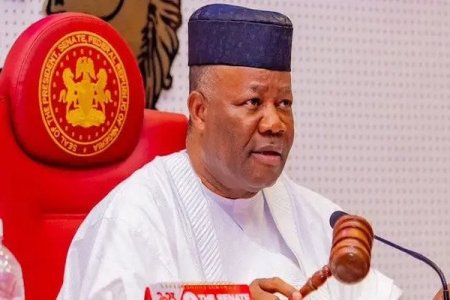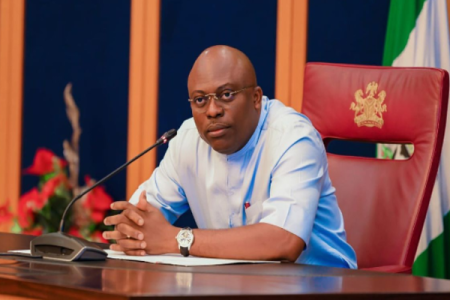
President Bola Tinubu completed the Vice President's residence for N21 billion, a project begun by former President Buhari. Despite economic hardships, Tinubu emphasizes accountability and transparency. Public criticism arises over the spending amid rising living costs and demands for a minimum wage hike.
President Bola Tinubu has touted the completion of the long-abandoned Vice President’s residence as a significant achievement of his administration, despite the project’s N21 billion cost amid Nigeria’s economic difficulties.
Speaking through Vice President Kashim Shettima at the commissioning ceremony, Tinubu highlighted the project as a testament to his government’s commitment to accountability, transparency, and resource efficiency.
"As we commission this state-of-the-art edifice as the official residence of the Vice President, we are fulfilling a longstanding commitment and reaffirming our unwavering dedication to accountability, transparency, and efficient utilization of resources for the betterment of our nation," Tinubu stated.
He emphasized the wastefulness of abandoning projects after substantial expenditures and the importance of seeing them through to completion.
The project, initially started by former President Muhammadu Buhari with N14 billion, has drawn significant public criticism.
Many Nigerians expressed their discontent on social media, arguing that spending billions on such a project was insensitive given the current economic hardships. "The Tinubu government spending so much money on the vice-president’s house while many Nigerians are struggling shows he’s not thinking about others," one Twitter user remarked.
The criticism comes amid rising demands from the Nigerian Labour Congress for a minimum wage increase in response to skyrocketing food prices and inflation, exacerbated by Tinubu’s policies, including the removal of fuel subsidies and the floating of the naira.
Another Twitter user pointed out that the N21 billion spent on the residence could have paid the annual salaries of 29,000 workers at the proposed new minimum wage of N60,000.
Despite the backlash, Tinubu’s administration remains firm in its stance, presenting the completion of the Vice President’s residence as a symbol of its commitment to completing government projects and maintaining fiscal responsibility.
However, the broader implications of this expenditure continue to stir debate about the government’s priorities during challenging economic times.





